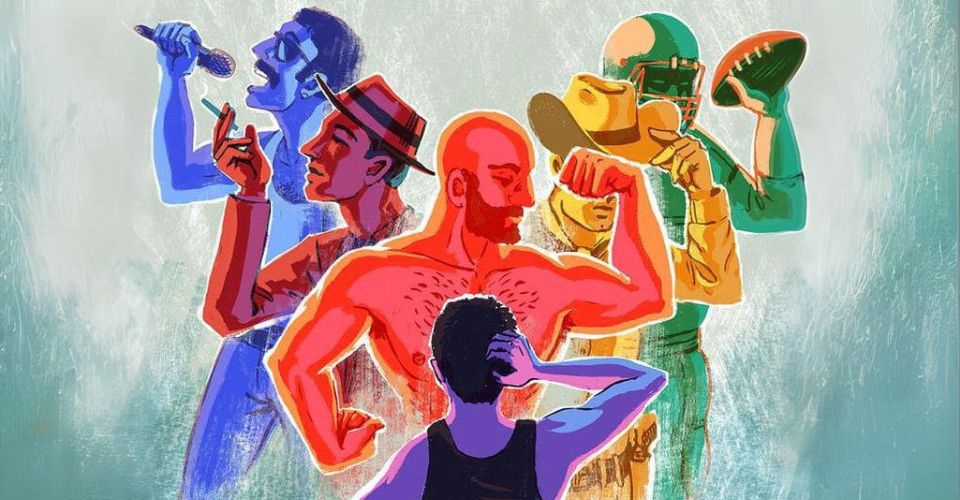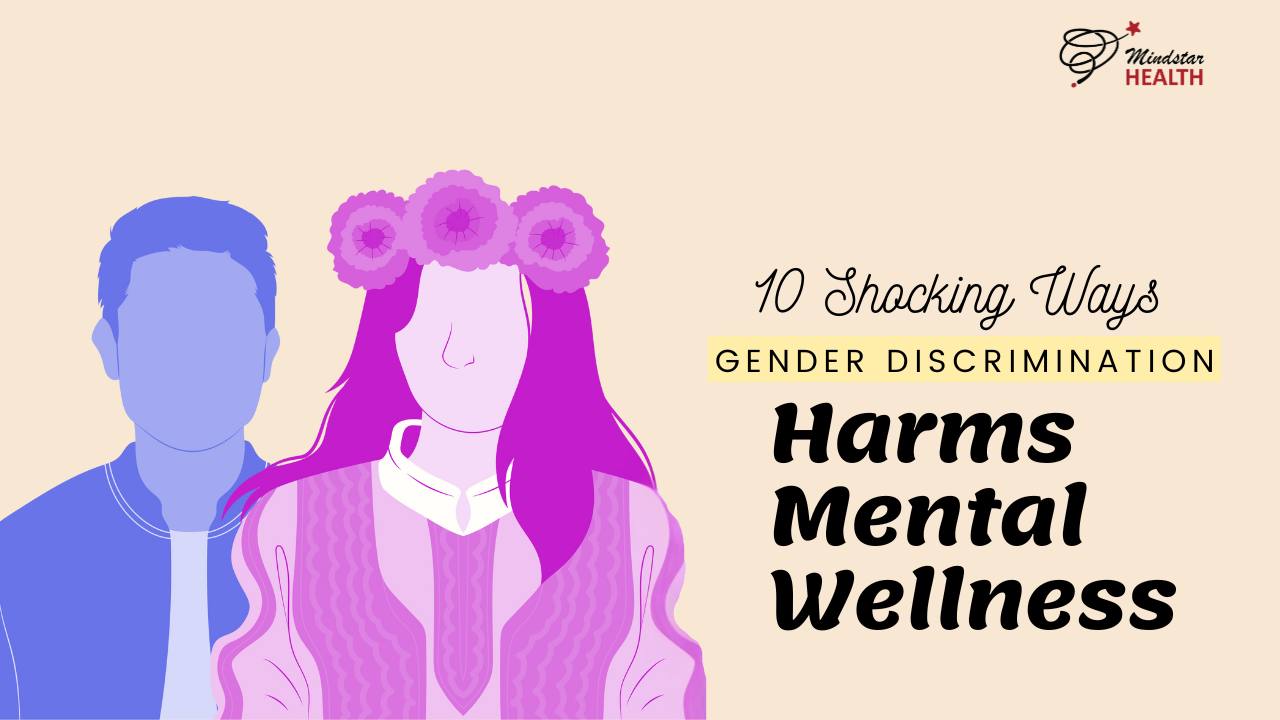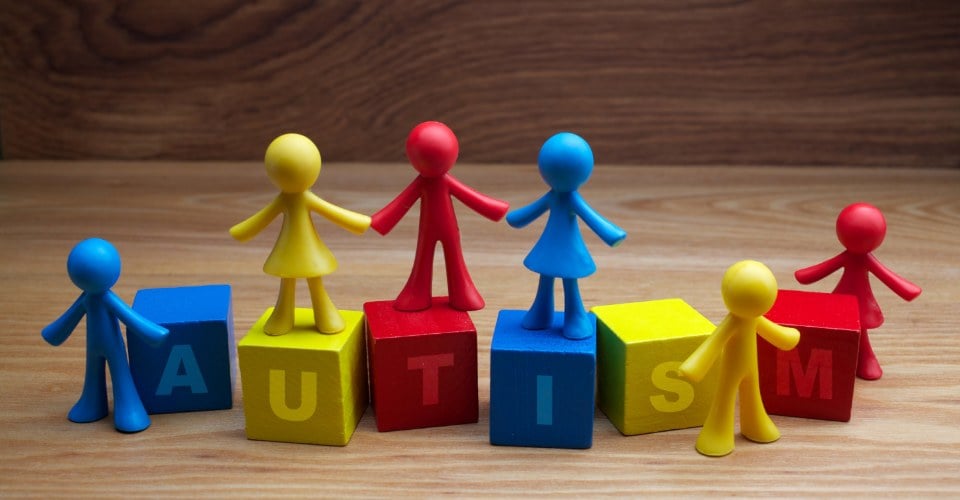We are living in a time when gender dynamics are evolving rapidly, and one significant positive shift is the emergence of “tonic masculinity.” Tonic masculinity refers to a well-rounded, mature model of manhood, offering a contrast to the more commonly discussed toxic masculinity, which often manifests as aggression, emotional suppression, and dominance. This concept has become especially relevant as society seeks to redefine traditional gender roles in today’s world. But what exactly is tonic masculinity, and why does it matter so much in contemporary discussions about gender and behavior? Tonic masculinity represents a healthier, balanced approach to male identity and is seen as an essential response to the negative impacts of toxic masculinity.
Redefining Traditional Manhood and Gender Roles
A key characteristic of evolving masculine behavior is its capacity to challenge and redefine traditional male roles. Public figures like Tim Walz and Pete Buttigieg embody stereotypical aspects of manhood—such as military service and sports coaching—while simultaneously questioning the outdated assumptions linked to these roles. These figures illustrate that gender roles are not rigid, and masculinity can be expressed in diverse, modern ways that break free from historical constraints. Through this, they contribute to a broader understanding of manhood, promoting more inclusive, dynamic perspectives of gender expectations.
For example, Tim Walz is still recognized for his military background, yet he champions values like empathy, inclusiveness, and social justice. Similarly, Pete Buttigieg exhibits a confident form of manhood that embraces diversity, including his own openness about being gay, making him the first openly LGBTQ+ cabinet member. This shows that traditional gender roles associated with manhood can coexist with qualities often seen as more aligned with femininity, such as compassion and emotional openness. This evolving understanding of gender allows for a broader expression of manhood that is more inclusive and diverse.
This redefinition is crucial today because many young men struggle to meet the societal expectations placed on them. Traditional masculinity still adheres to rigid norms, which can leave individuals feeling inferior or confused about their identity. When young males see role models in leadership positions who exhibit healthy masculine behavior, they are empowered by these examples. This shows them that they can pursue careers in fields such as law enforcement, the military, or athletics without needing to adhere to outdated, toxic ideals. The presence of positive role models who care can help redefine masculinity in a way that nurtures growth and self-acceptance.
Appreciating Tradition While Embracing Progress
An essential component of tonic masculine behavior is the ability to value past traditions while also embracing modern advancements. Recently, there has been a tendency to view traditional gender roles and values negatively, which has led some individuals to hold on to exaggerated masculine identities in reaction to societal changes. This shift from old ways to modernity can bring about feelings of loss or grief for those who still associate masculinity with qualities such as bravery, strength, and endurance.
Tonic masculine behavior requires a more nuanced approach. While traditional qualities associated with masculinity have their value, they can also evolve and improve. A notable example of this is President Joe Biden’s decision to step down from certain positions, which exemplifies tonic masculinity. Instead of clinging to power, true strength lies in recognizing when it’s time to step aside for the greater good. This act of leadership highlights the importance of self-awareness and the ability to prioritize collective well-being over personal gain.
This balance of honoring tradition while embracing progress enables a more adaptable and dynamic understanding of masculine behavior. It encourages men to connect with their heritage without perceiving modern shifts as personal attacks. By doing so, healthy masculinity fosters continuity rather than division or regression, driving evolution instead of mere conservation.
Embracing Vulnerability: Redefining Tonic Masculinity
Tonic masculinity is crucial because it encourages men to embrace vulnerability. In online discussions about masculinity, the conversation is often clouded with anger and resentment. Men struggling with evolving gender dynamics often react with aggression or overcompensation, which only deepens their sense of isolation.
In contrast, tonic masculinity promotes a healthier approach by welcoming vulnerability. Rather than projecting pain or frustration, it emphasizes reflection and understanding. It involves recognizing challenges, such as the decline of traditional industries or shifts in gender roles, while striving for positive transformation.
This idea of vulnerability contradicts the traditional view of masculinity, where strength and toughness are prioritized. However, tonic masculinity reframes vulnerability as a form of strength. By being open about their emotions, men can forge more meaningful connections with themselves and others, enhancing emotional resilience and breaking down the barriers of isolation.
This concept ties back to Melanie Klein’s idea of the “depressive position,” an advanced psychological framework in which individuals embrace the complexity within themselves and the world around them. Instead of resorting to simple blame or denial, it involves recognizing the nuanced changes that occur, particularly in the context of traditional masculinity.
For men, this means acknowledging that previous models of male identity no longer hold the same societal weight as before. Rather than responding defensively or angrily to these changes, tonic masculinity encourages men to adapt and find new methods of self-assertion. This could include pursuing diverse career opportunities, acquiring new skills, or enhancing emotional intelligence and sensitivity in personal relationships. By doing so, men can navigate the challenges of modern life with resilience and growth.
The Role of Tonic Masculinity in Modern Relationships
Tonic masculinity goes beyond how men perceive themselves; it significantly shapes their relationships, particularly in romantic contexts. While traditional masculinity often promotes dominance over partnership, leading to toxic dynamics, tonic masculinity fosters equality, mutual respect, and emotional intimacy.
In relationships, tonic masculinity encourages men to be present, empathetic, and engaged. It promotes communication and collaboration over control or competition. This shift creates healthier relationships where both partners feel valued and supported.
A key aspect of tonic masculinity is rejecting the outdated notion that men must always be providers or protectors. It acknowledges that both individuals in a relationship have strengths and weaknesses, which contributes to a balanced and healthy dynamic. This form of masculinity encourages a more just and compassionate approach to relationships, benefiting all parties involved.
In The Workplace: Brown (2017) wrote an article about this
In the workplace, traditional views of assertiveness and competitiveness often dominate, sometimes overshadowing collaboration and inclusivity. While these traits can be valuable in specific contexts, they can also create environments that feel hostile or isolating.
A more balanced approach, however, emphasizes teamwork and mutual support. This approach encourages mentorship among colleagues, including offering guidance and support to women, which helps foster a more inclusive atmosphere.
Moreover, this mindset challenges the stigma surrounding mental health in the workplace. It encourages emotional openness, which can motivate individuals to seek help when needed and offer support to colleagues who may be struggling. This approach not only improves individual well-being but also enhances overall workplace dynamics and relationships.
Why Tonic Masculinity Matters
In an era where certain ideals of masculinity are often seen negatively, the tonic approach offers a refreshing alternative. It emphasizes the balance between strength and sensitivity, competitiveness and emotional intelligence. This approach allows individuals to embrace both traditionally strong qualities and those often seen as more nurturing, promoting a healthier self-image and benefiting society as a whole through positive social dynamics.
Supporting this concept also means supporting the empowerment of all individuals toward full equality, regardless of their role in society. It fosters a more cohesive community by challenging outdated stereotypes about differences between sexes.
The tonic approach is evolving, providing new insights into how individuals, particularly boys, can navigate modern challenges. Adopting this mindset leads to a society where power isn’t about dominance, but about mutual respect and shared strength, creating a more inclusive environment for everyone.
Conclusion: The Future of Masculinity
Tonic masculinity represents more than a reaction to critiques of traditional views; it introduces a forward-thinking model that offers healthier choices for men navigating the complexities of modern life. Key traits such as emotional intelligence, empathy, inclusivity, courage, and resilience define what it means to be a man in contemporary society, encouraging personal growth.
Such environments that emphasize compassion over dominance or control create healthier relationships and foster mutual respect between both sexes. As we continue to redefine what it means to be a man in the 21st century, tonic masculinity stands as a positive and inclusive model. It empowers men to lead with integrity and fairness, paving the way for a more equitable future for all.






















Leave a Reply
You must be logged in to post a comment.